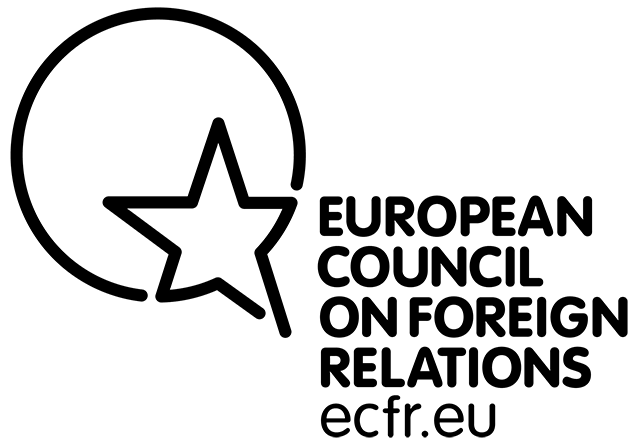Summary
- The EU has already provided unprecedented support to Ukraine as it fights its existential war against Russia. But this war will not end any time soon.
- The EU and member states urgently need to ramp up and accelerate their military assistance for the long war and make stronger commitments to Ukraine’s long-term security.
- This will require them to develop their military-industrial capabilities. In addition, they should develop bilateral security arrangements with Ukraine and work towards bringing the country into NATO once the war is over.
- Ukraine’s EU accession, however, will ultimately be more transformative for the country. The EU therefore needs to ensure it is truly fit for enlargement to up to 36 states and take concrete steps towards making Ukraine a member state.
- The EU should view this support for Ukraine as an opportunity to enhance its military production facilities, raise its geopolitical profile, secure its neighbourhood, and stabilise the contour and modus operandi of a larger European Union.
About the authors
Marie Dumoulin is director of the Wider Europe programme at the European Council on Foreign Relations. Prior to joining ECFR, Dumoulin worked as a French career diplomat. She held a number of positions in French diplomatic missions abroad, for example, in Turkmenistan, Algeria, and Germany, and was seconded to the German Foreign Ministry during the German OSCE Chairmanship.
Lykke Friis is co-chair of ECFR’s council and director of Denmark’s Think Tank Europa. Previously, she served as prorector at the University of Copenhagen; Danish minister of climate, energy, and gender equality; and the Danish liberal party’s spokesperson for European affairs. In 2007, she was appointed as a member of the EU reflection group on the future of Europe. She also covered Germany as a correspondent for the Danish newspaper Berlingske Tidende. Besides ECFR, she chairs the board of directors of Denmark’s House of Energy, is a board member of Team Denmark, and is president of the Danish Cancer Society.
Gustav Gressel is a senior policy fellow with the Wider Europe programme at the European Council on Foreign Relations’ Berlin office. Before joining ECFR, Gressel worked as a desk officer for international security policy and strategy in the Bureau for Security Policy of the Austrian Ministry of Defence and as a research fellow of the Commissioner for Strategic Studies with the Austrian Ministry of Defence. He also served five years in the Austrian Armed Forces.
Leo Litra is a visiting fellow with the Wider Europe programme at the European Council on Foreign Relations. He is also a senior fellow at New Europe Center in Kyiv, Ukraine and a Marshall memorial fellow at the German Marshall Fund of the United States. Previously, Litra served as a research fellow at the Institute of World Policy in Ukraine. He is the author of numerous publications on the democratisation of the post‐Soviet space, European integration, and frozen conflicts. He also regularly contributes to Freedom House’s “Nations in Transit” report and the Bertelsmann Transformation Index.


